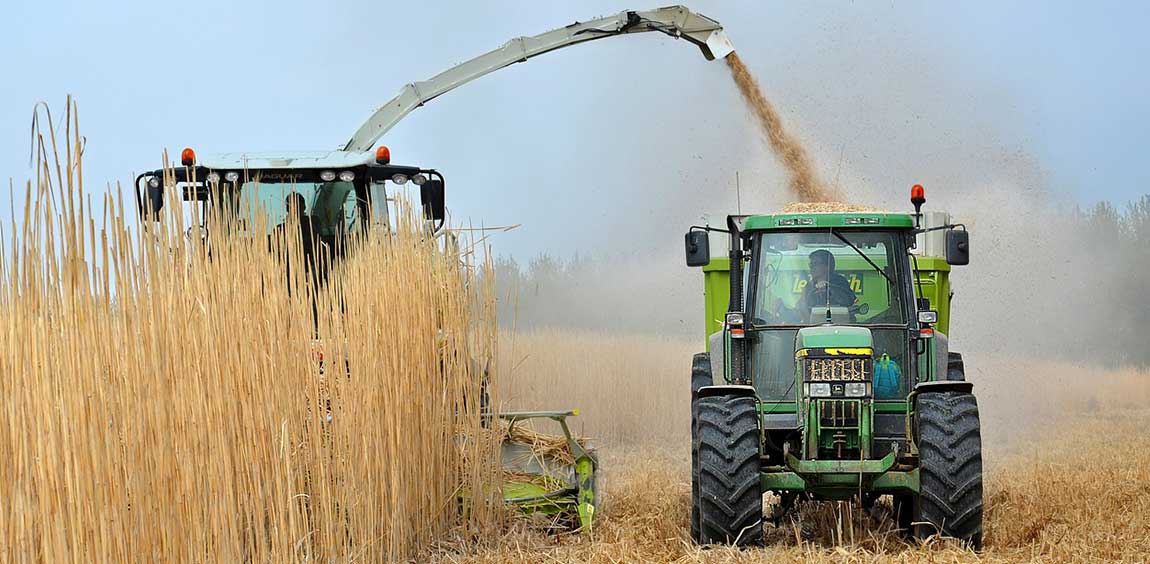ACADEMIC ARTICLE
Pedro Gerber Machado, Marcelo Pereira da Cunha, Arnaldo César da Silva Walter, André P.C. Faaij, Joaquim Jose M.Guilhoto | Renewable and Sustainable Energy Reviews
Fossil fuels dominate the current energy and chemicals' supply and this leads to a rapid growth in global greenhouse gas emissions. One mitigation option is using renewable feedstock for materials, chemicals (ethylene, propylene, acrylic acid and butanol) and, mostly, energy carriers (biodiesel, renewable jet fuel, ethanol and bioelectricity). This study demonstrates the effects of an economy based on biomass (bioeconomy) on macroeconomic aspects through a Computable General Equilibrium model. Three scenarios for 2030 were created to compare different levels of production (amount of chemicals and energy production through fossils versus biomass) for Brazil, based on sugarcane, soy and forest crops. Two important methodological aspects of this paper are the financial support provided by the government to enable the bioeconomy, and the limitations in land use established by the needs to reduce emissions. Overall, the results show that a bioeconomy could result in almost irrelevant negative impacts on GDP and in small increases in unemployment rate comparing to the reference scenario. However, these effects could be reversed, even with no deforestation, if the livestock and agriculture sectors increased their efficiency regarding land. Most importantly, if the livestock sector worked as a source of land for other crops in the event of a bioeconomy, the socioeconomic response would be more positive than if deforestation took place.
 English
English




 O Instituto de Economia da UNICAMP foi criado em 1984 e tem por finalidade a promoção do ensino e da pesquisa na área de Economia.
O Instituto de Economia da UNICAMP foi criado em 1984 e tem por finalidade a promoção do ensino e da pesquisa na área de Economia.
